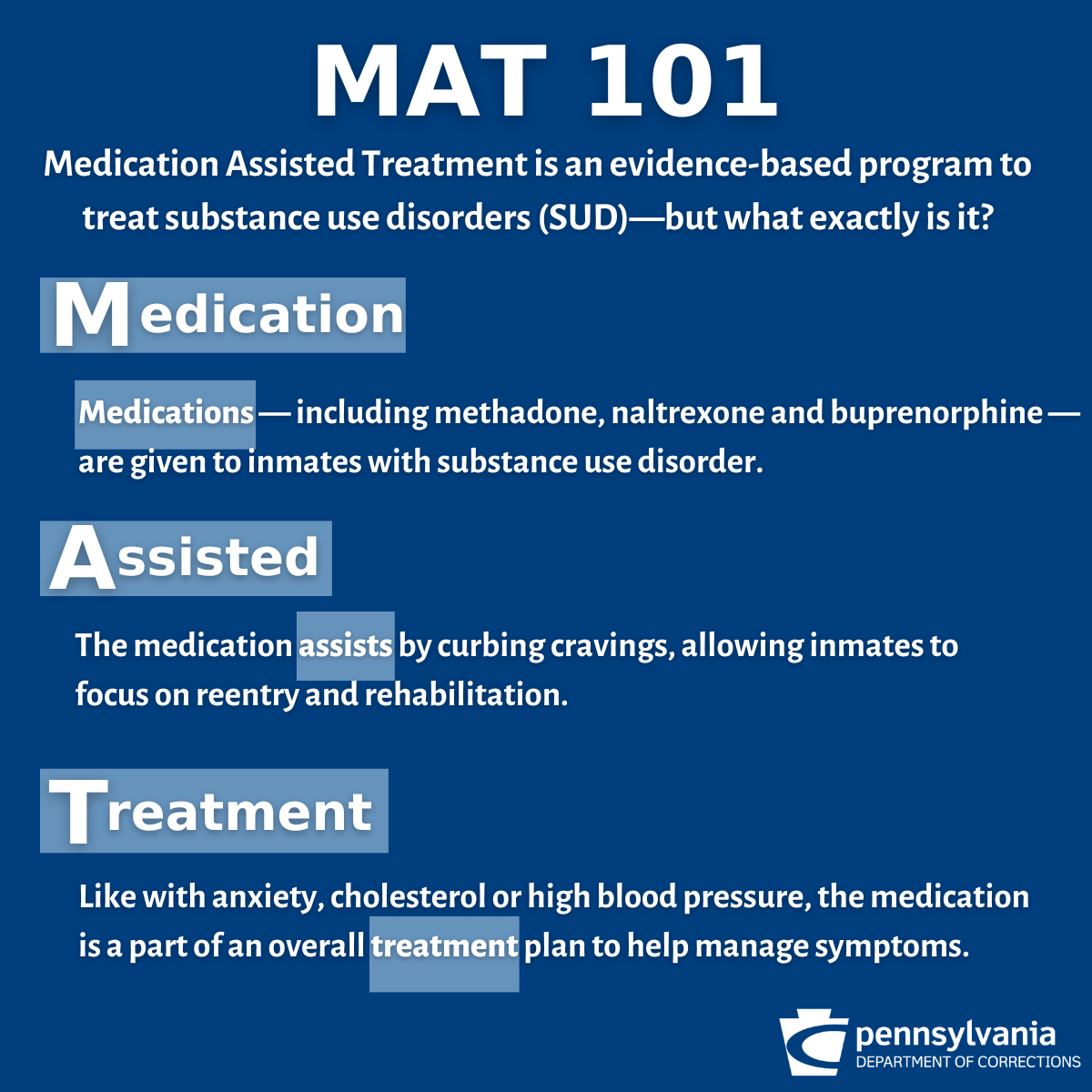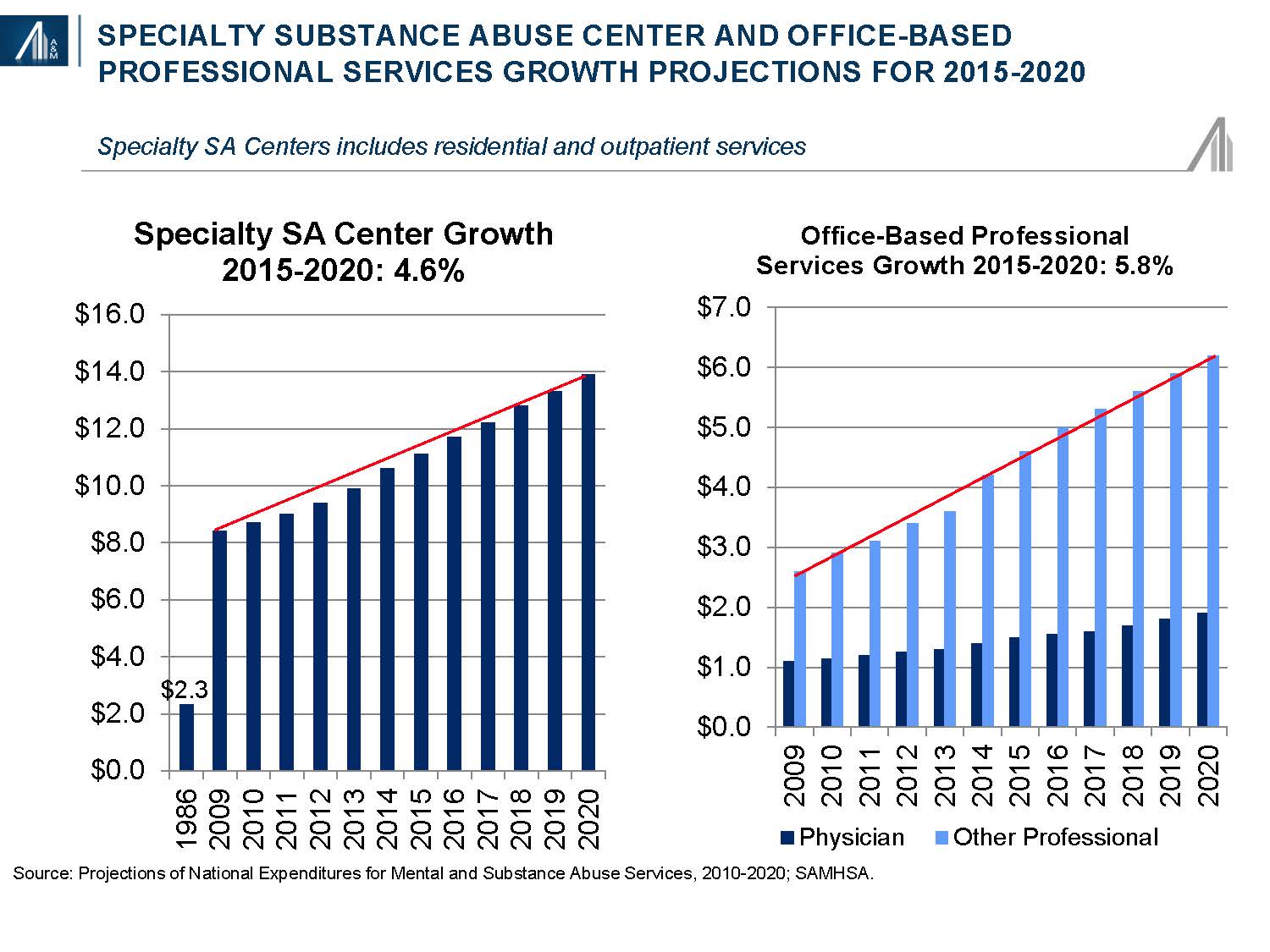Drug treatment is planned to help addicted individuals stop compulsive drug seeking and usage. Treatment can take place in a variety of settings, take various types, and last for various lengths of http://zanderyzhe756.jigsy.com/entries/general/some-known-factual-statements-about-what-medically-assisted-treatment-is-used-in-pennsylvania-to-control-opiate-addiction time. Due to the fact that drug dependency is typically a chronic condition identified by occasional relapses, a short-term, one-time treatment is typically not adequate.
There are a range of evidence-based methods to treating dependency. Drug treatment can consist of behavior modification (such as cognitive-behavioral therapy or contingency management), medications, or their combination - what are the steps in drug treatment and recovery from addiction. places where addiction gamblers who have received treatment can receive help near me. The particular type of treatment or combination of treatments will vary depending upon the patient's private needs and, frequently, on the kinds of drugs they use.
Disulfiram, acamprosate, and naltrexone are medications readily available for treating alcoholism,1 which commonly co-occurs with other drug addictions, consisting of dependency to prescription medications. Treatments for prescription drug abuse tend to be similar to those for illicit drugs that impact the very same brain systems. For instance, buprenorphine, utilized to deal with heroin dependency, can likewise be utilized to treat dependency to opioid pain medications.
Behavioral treatments can assist motivate people to take part website in drug treatment, deal strategies for coping with drug cravings, teach ways to avoid drugs and avoid relapse, and help individuals handle regression if it happens. Behavior modifications can likewise assist people improve communication, relationship, and parenting skills, along with family characteristics.
Group therapy can offer social support and help impose behavioral contingencies that promote abstaining and a non-drug-using lifestyle. Some of the more recognized behavioral treatments, such as contingency management and cognitive-behavioral treatment, are likewise being adjusted for group settings to enhance effectiveness and cost-effectiveness. Nevertheless, especially in teenagers, there can likewise be a risk of unintentional harmful (or iatrogenic) effects of group treatmentsometimes group members (especially groups of extremely overdue youth) can enhance substance abuse and thereby thwart the purpose of the treatment.

Because they deal with various elements of dependency, mixes of behavioral treatments and medications (when available) normally appear to be more reliable than either technique used alone. Lastly, people who are addicted to drugs typically experience other health (e.g., depression, HIV), occupational, legal, familial, and social issues that ought to be resolved concurrently.
An Agonist Treatment For Addiction Would Do What Can Be Fun For Anyone
Psychedelic medications, such as antidepressants, anti-anxiety agents, mood stabilizers, and antipsychotic medications, may be critical for treatment success when clients have co-occurring mental disorders such as depression, stress and anxiety conditions (including post-traumatic stress condition), bipolar disorder, or schizophrenia. In addition, the majority of people with serious dependency abuse numerous drugs and need treatment for all compounds abused.
KEEP IN MIND: This truth sheet discusses research study findings on effective treatment methods for drug abuse and dependency. If you're looking for treatment, you can call the Compound Abuse and Mental Health Providers Administration's (SAMHSA's) National Helpline at 1-800-662-HELP (1-800-662-4357) or go to https://findtreatment.gov/ for details on hotlines, counseling services, or treatment alternatives in your state more info - how could the family genogram be applied to the treatment of a family with addiction issues.
These changes in the brain can result in the hazardous behaviors seen in people who use drugs. Drug dependency is likewise a relapsing disease. Regression is the return to drug usage after an attempt to stop. The course to drug dependency starts with the voluntary act of taking drugs. However with time, an individual's ability to select not to do so ends up being jeopardized.
This is mostly due to the impacts of long-term drug exposure on brain function. Addiction impacts parts of the brain involved in benefit and motivation, finding out and memory, and control over behavior. Addiction is an illness that impacts both the brain and behavior. Yes, however it's not easy. Since addiction is a chronic disease, individuals can't simply stop using drugs for a few days and be cured.

Addiction treatment need to help the person do the following: stop utilizing drugs remain drug-free be efficient in the household, at work, and in society Based upon clinical research study because the mid-1970s, the following crucial concepts should form the basis of any reliable treatment program: Addiction is a complex however treatable illness that impacts brain function and behavior.
Individuals need to have quick access to treatment. Reliable treatment addresses all of the client's requirements, not simply his/her substance abuse. Remaining in treatment long enough is vital. Therapy and other behavioral treatments are the most commonly pre-owned types of treatment. Medications are frequently a vital part of treatment, specifically when integrated with behavior modifications.
The Only Guide to Where People Get Addiction Treatment
Treatment needs to attend to other possible mental illness. Medically assisted detoxing is just the very first stage of treatment. Treatment doesn't need to be voluntary to be efficient. Substance abuse during treatment should be kept track of continuously. Treatment programs need to evaluate clients for HIV/AIDS, hepatitis B and C, tuberculosis, and other contagious illness in addition to teach them about actions they can require to reduce their risk of these illnesses.
Treatment needs to include both medical and psychological health services as required. Follow-up care might include neighborhood- or family-based healing support group. Medications and gadgets can be utilized to manage withdrawal symptoms, prevent regression, and deal with co-occurring conditions. Medications and gadgets can help reduce withdrawal symptoms throughout detoxification. Cleansing is not in itself "treatment," but just the initial step at the same time.
One research study of treatment centers found that medications were used in practically 80 percent of detoxings (SAMHSA, 2014). In November 2017, the Fda (FDA) approved a brand-new indication to an electronic stimulation device, NSS-2 Bridge, for use in helping in reducing opioid withdrawal signs. This device is placed behind the ear and sends out electrical pulses to promote specific brain nerves.
Clients can use medications to assist re-establish normal brain function and decrease cravings. Medications are readily available for treatment of opioid (heroin, prescription pain reducers), tobacco (nicotine), and alcoholism. Scientists are developing other medications to treat stimulant (cocaine, methamphetamine) and cannabis (cannabis) dependency. People who use more than one drug, which is extremely typical, need treatment for all of the compounds they utilize.
Acting on the exact same targets in the brain as heroin and morphine, methadone and buprenorphine suppress withdrawal symptoms and eliminate yearnings. Naltrexone obstructs the results of opioids at their receptor websites in the brain and ought to be used only in patients who have actually currently been detoxified. All medications assist clients reduce drug looking for and related criminal habits and help them become more open up to behavioral treatments.
Since complete detoxing is required for treatment with naloxone, initiating treatment amongst active users was hard, however when cleansing was complete, both medications had similar effectiveness. Nicotine replacement treatments have numerous types, including the spot, spray, gum, and lozenges. These products are available nonprescription. The U.S. Food and Drug Administration (FDA) has authorized 2 prescription medications for nicotine dependency: bupropion (Zyban) and varenicline (Chantix).
Getting My How To Talk To Employer Discretely About Needing Treatment For Addiction To Work
The medications are more efficient when integrated with behavioral treatments, such as group and individual treatment in addition to telephone quitlines. 3 medications have been FDA-approved for dealing with alcoholism and a 4th, topiramate, has actually shown pledge in scientific trials (large-scale studies with people). The three approved medications are as follows: blocks opioid receptors that are associated with the rewarding results of drinking and in the yearning for alcohol.